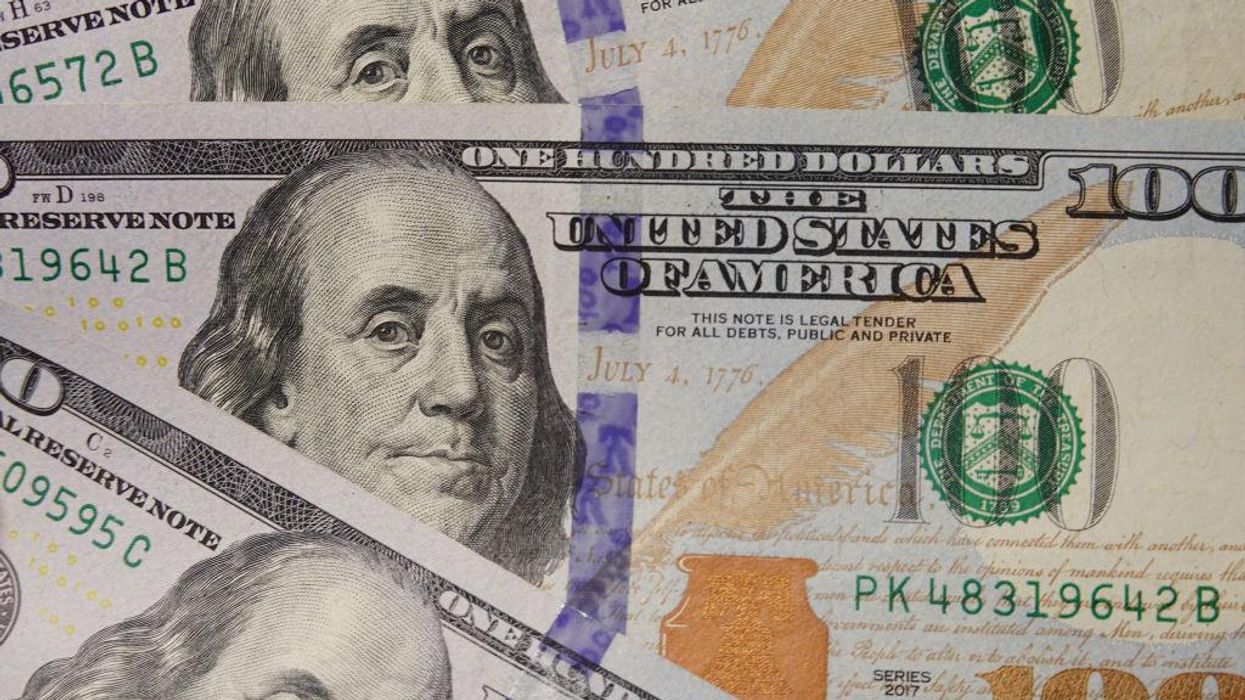
Sheldon Cooper/SOPA Images/LightRocket via Getty Images

Guaranteed income has long been proposed as a solution for Americans’ financial woes. The idea has increasingly been placed into practice; guaranteed income programs have been started in 48 cities nationwide since 2020, according to Mayors for a Guaranteed Income (MGI), a network supporting such programs.
Funding for guaranteed income programs has come both from taxpayer support and private contributions. In 2020, Jack Dorsey, the former chief executive of Twitter, donated $15 million to MGI.
The New York Times reports that California has become “the epicenter of the movement.” In Los Angeles, the guaranteed income program — primarily taxpayer-funded — benefits 3,200 people who have at least one child and an annual income below the federal poverty level. In Oakland, California, a privately-funded organization pledged to give 600 low-income families $500 for 18 months. In San Diego, a nonprofit group will give certain families with young children $500 a month for two years.
“When you provide resources to families that are struggling, it can give them the breathing room to realize goals that many of us are fortunate enough to take for granted,” Los Angeles Mayor Eric Garcetti said when he announced the launch of his city’s program.
Last year, according to The New York Times, California set aside $35 million over five years for other cities to carry out their own pilot programs.
Cities from Atlanta to Minneapolis to Denver have also tested some form of guaranteed income.
Support for some form of guaranteed income or universal basic income (UBI) has come from across the political spectrum. In 2016, progressive former union leader Andy Stern and conservative author Charles Murray both wrote separate books proposing a UBI between $12,000 and $13,000 annually. Under Murray’s vision, UBI would serve as a streamlined alternative to the current bureaucratic welfare state. Stern believes UBI is necessary to confront a future in which much work is automated and human labor becomes expendable.
The idea of guaranteed income gained steam in 2020 when Andrew Yang made a similar system a centerpiece of his presidential campaign.
Opponents of guaranteed income programs argue that they are unsustainable and counterproductive. Oren Cass, executive director of American Compass, a conservative-leaning think tank, said that the problem with such programs is that “a permanent and society-wide system to provide for everyone would destroy fundamental elements of the social contract and create the wrong incentives for people as they make choices about their life’s course.”